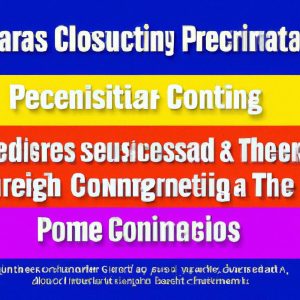Rep. Judy Chu Raves About Biden’s Inspiring State of the Union Address
Representative Judy Chu, a Democratic Congresswoman from California, expressed her enthusiasm for President Biden’s recent State of the Union address, particularly his acknowledgment of reproductive rights and the call for a temporary ceasefire in Gaza. This comes in the wake of significant developments such as the IVF ruling in Alabama and the overturning of Roe v. Wade. Chu’s response underscores the importance of these issues on the national agenda and the need for continued advocacy. Significance of Biden’s Address Chu’s reaction to Biden’s speech underscores the critical nature of reproductive rights and the ongoing conflict in Gaza. The inclusion of these topics in a prominent address like the State of the Union signals their importance in national discourse and policymaking.







